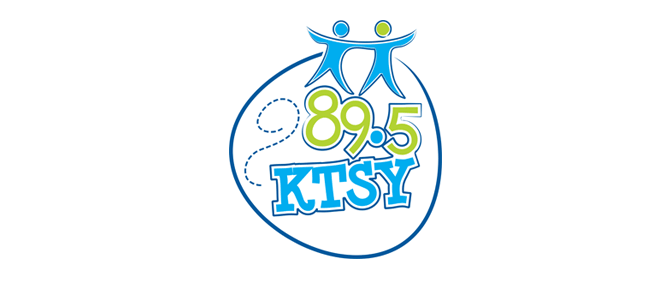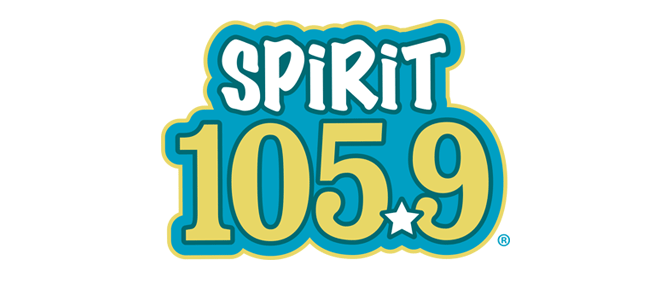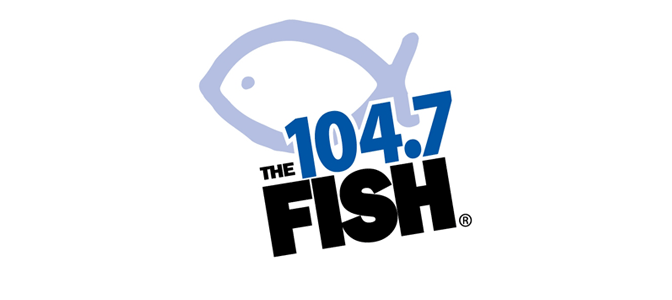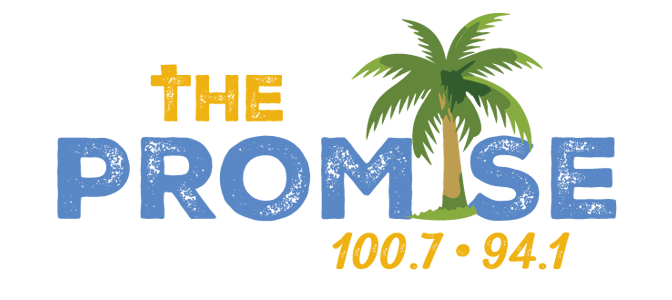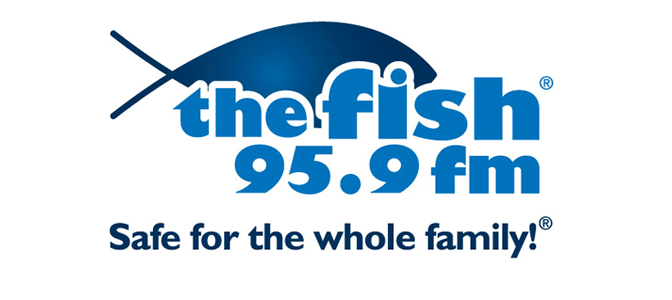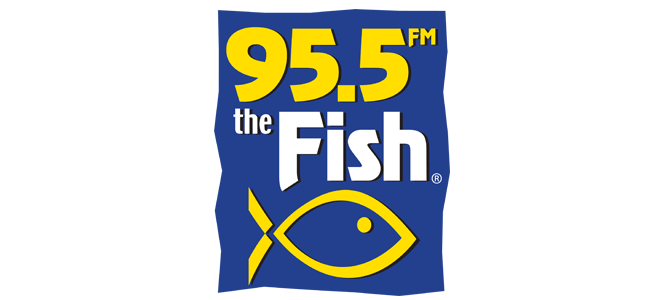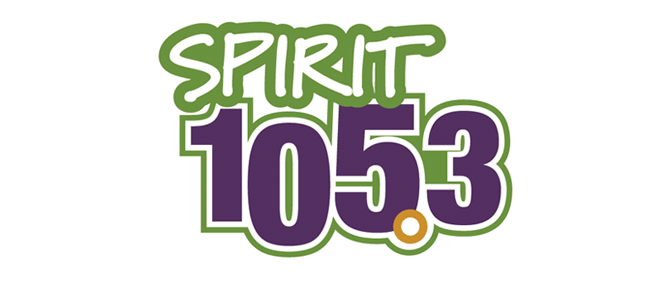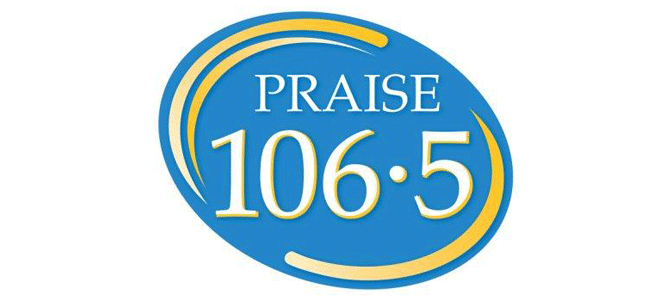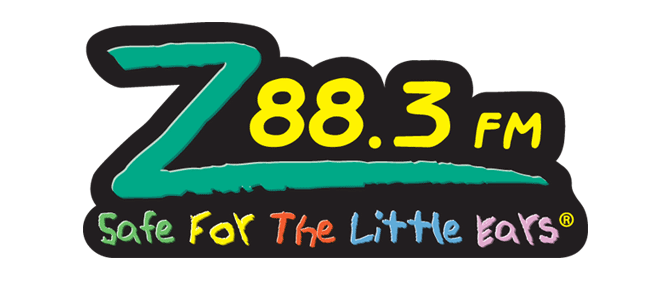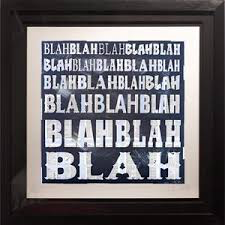I talk a lot about “crayons” – meaning, that just like in elementary school, learning how to use each crayon results in a different picture. In radio, “more crayons” is about finding more variations on a theme.
The two most typical endings are to say something funny, or to weigh in with a somber “summary” or “conclusion” to something. These are fine — essential, actually — but if they’re the only two crayons you color with, they’ll get pretty predictable.
My process is to strip everything away, until a talent begins again with the little “eight crayon” box that we got in first grade, then learns how each can be used. Eventually, you move to the 16-crayon box, then the 32, then the beautiful 64-crayon box with the sharpener in the side.



